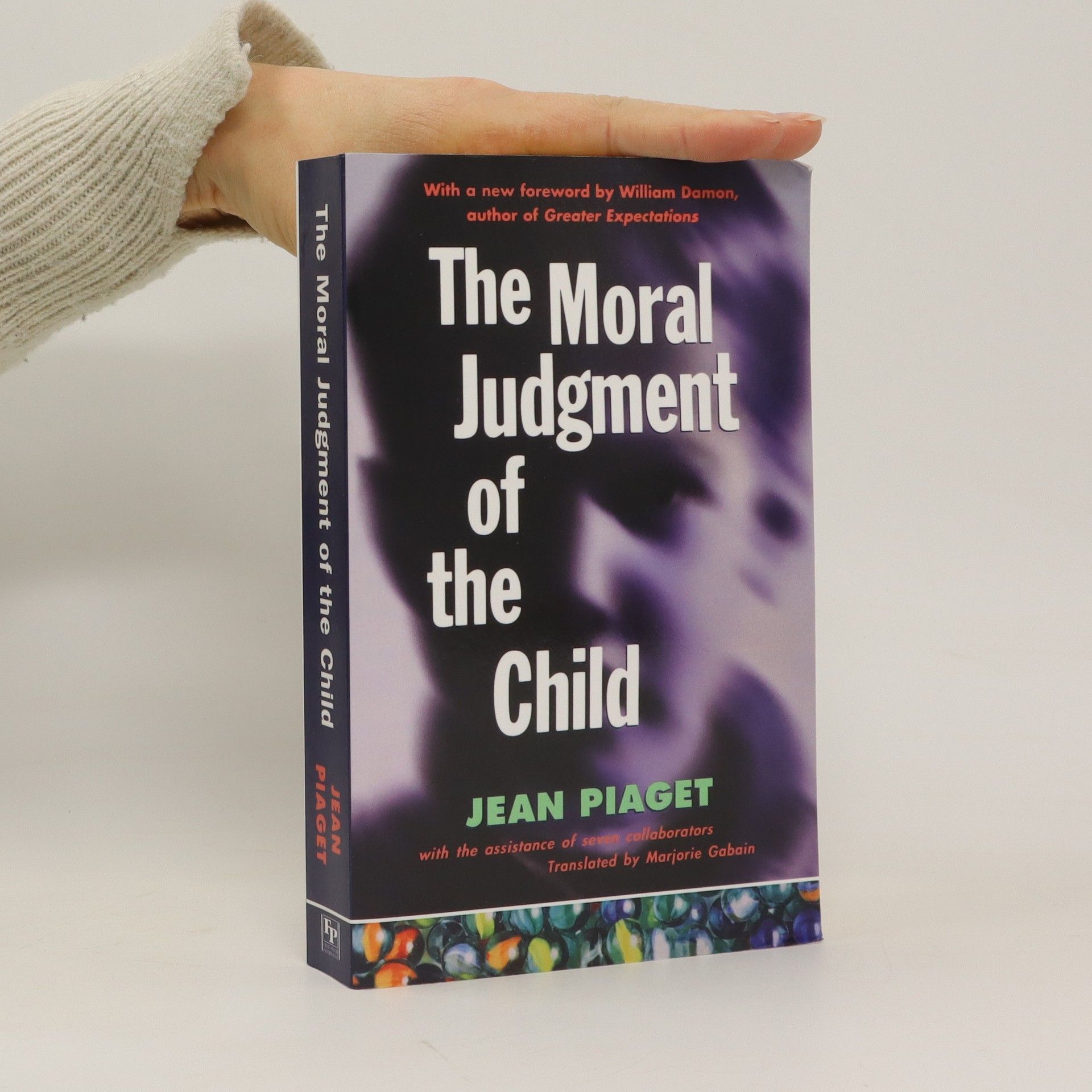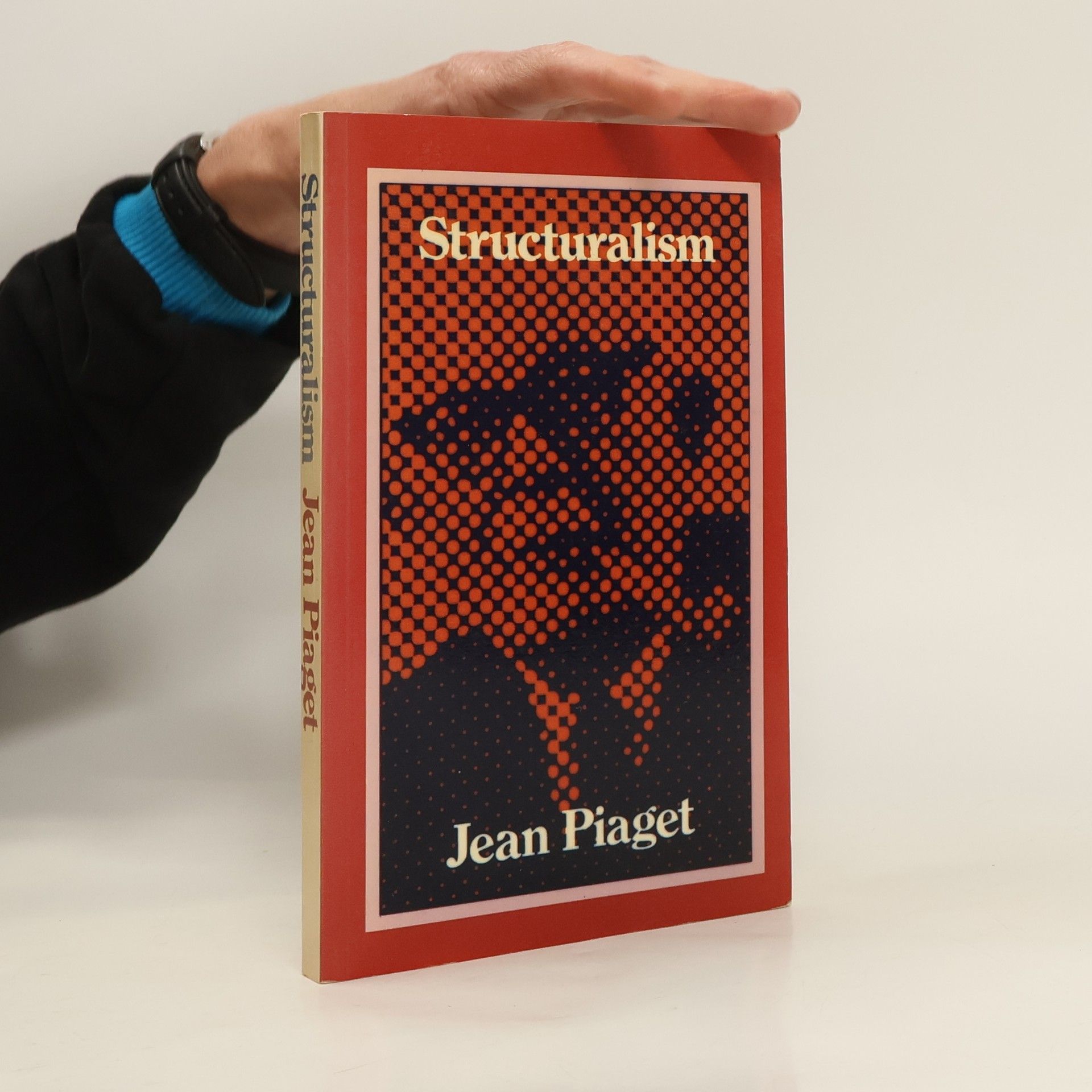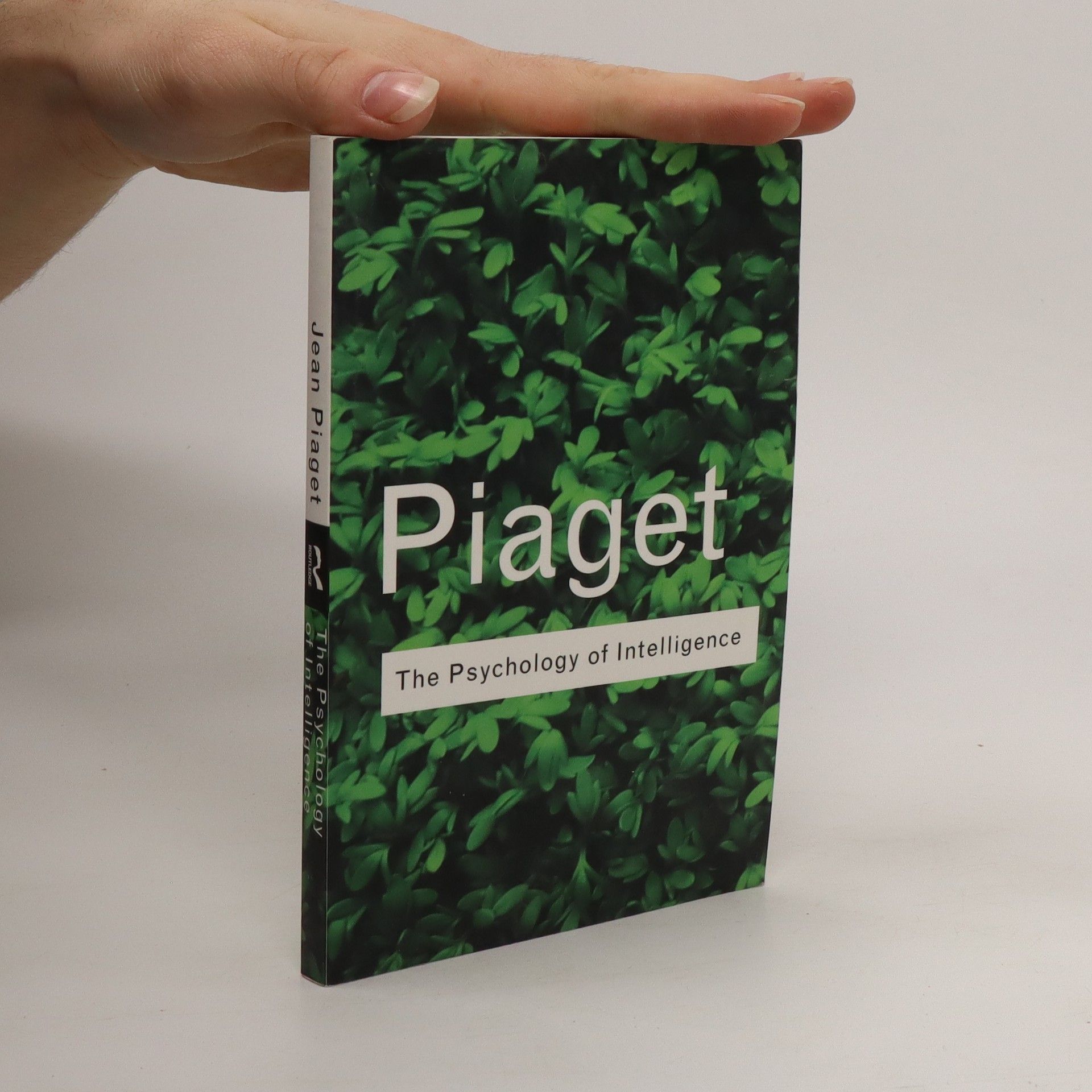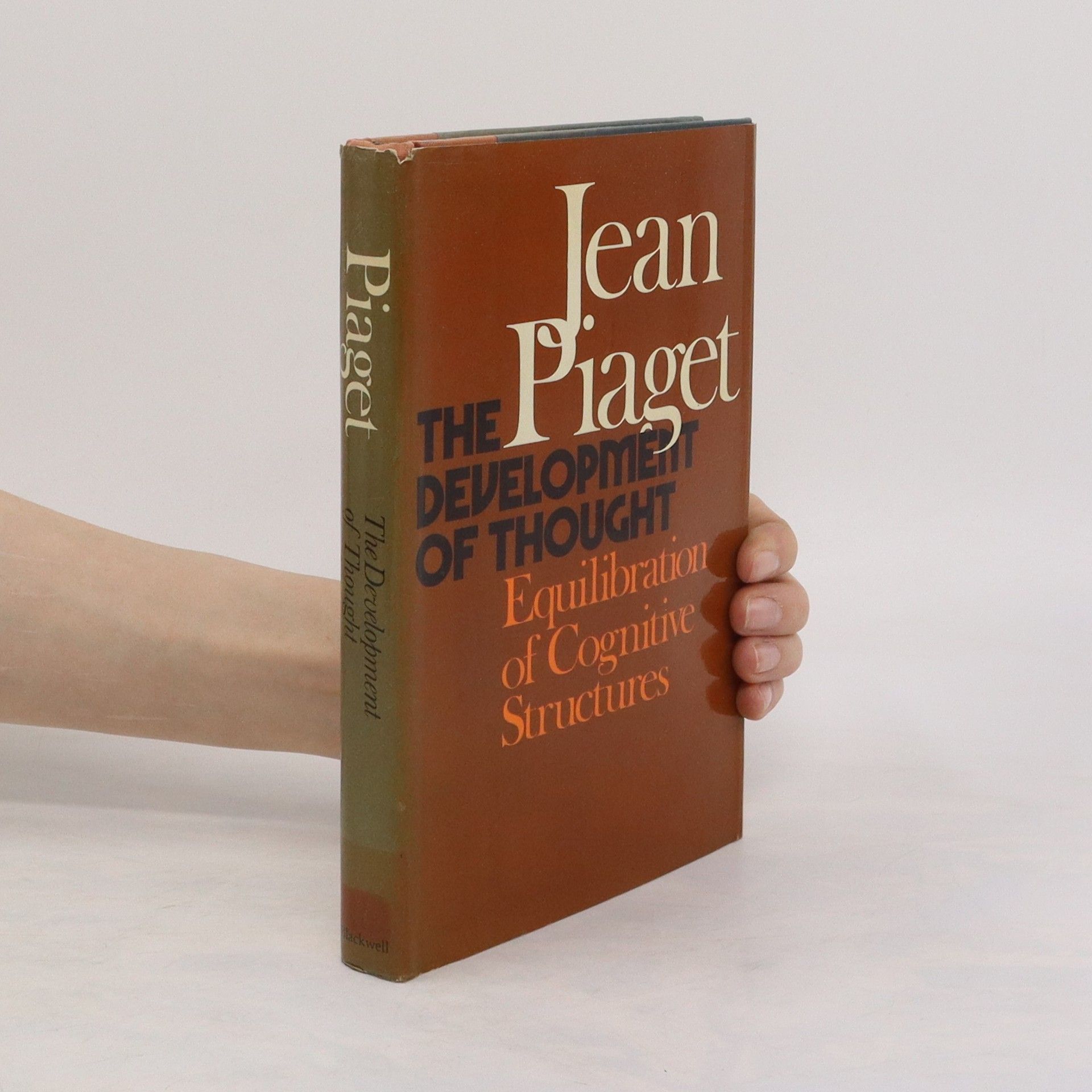The Child's Conception of Geometry; 0
- 428 pages
- 15 hours of reading
Jean Piaget was a Swiss thinker renowned for his pioneering work in the theory of knowing. His research on children and their cognitive development laid the foundations for a constructivist view of knowledge. Piaget explored an epistemological perspective known as 'genetic epistemology'. His work continues to inspire thinkers and educators alike.







Du 10 au 13 octobre 1975, les participants à ce débat se réunirent à l'abbaye de Royaumont, autour de Jean Piaget et de Noam Chomsky. Ce livre est issu de la seule rencontre personnelle qui ait jamais eu lieu entre le fondateur de l'épistémologie génétique et celui de la linguistique générative, c'est-à-dire de deux systèmes conceptuels, voire deux « philosophies », qui ne cessent d'inspirer depuis leur première formulation d'innombrables travaux scientifiques un peu partout dans le monde.Des chercheurs de tous pays attachés ont pris une part active à ce débat, élargissant son horizon et permettant d'en dégager une synthèse qui n'a pas, à ce jour, d'équivalent.
Die Entwicklung der Symbolfunktion beim Kinde
First published in 1999. Routledge is an imprint of Taylor & Francis, an informa company.
When first published in 1923, this classic work took the psychological world by storm. Piaget's views expressed in this book, have continued to influence the world of developmental psychology to this day.
La costruzione del pensiero